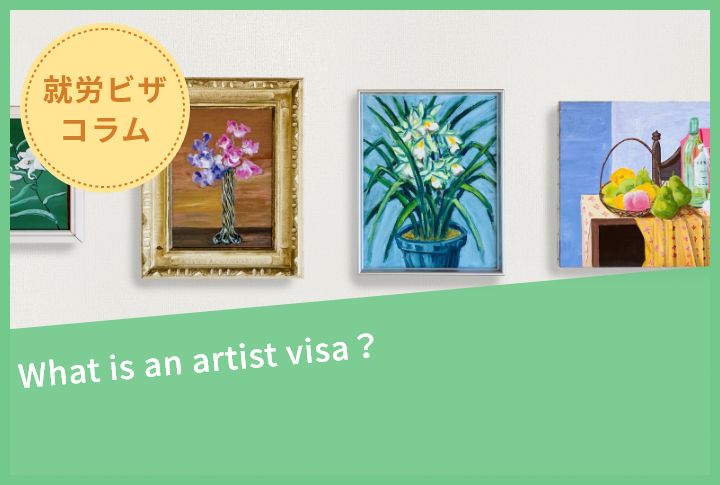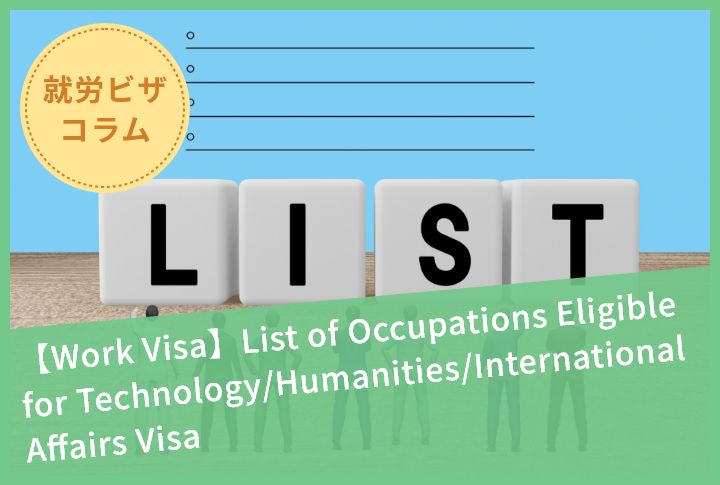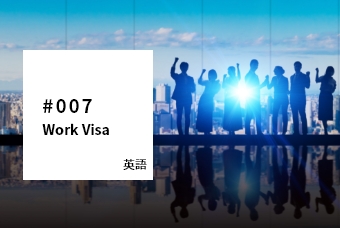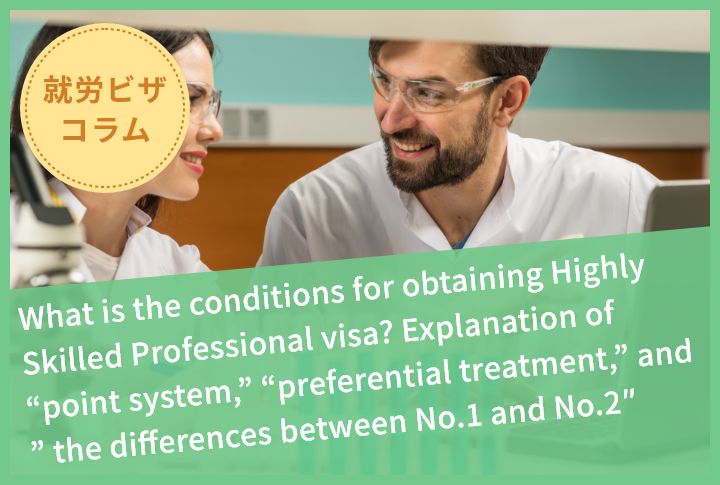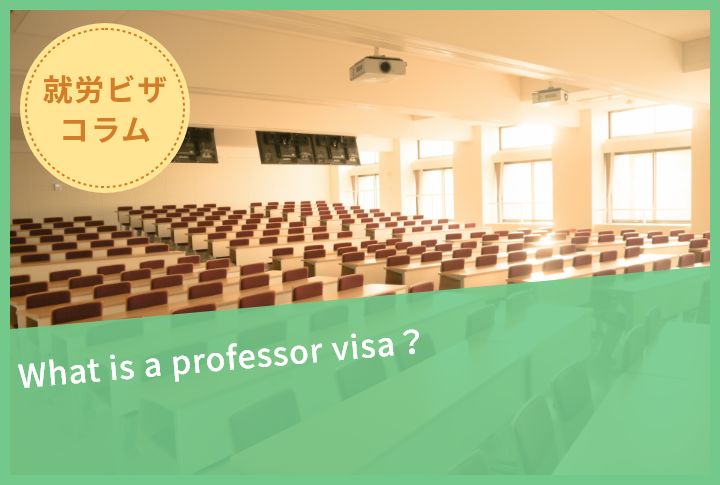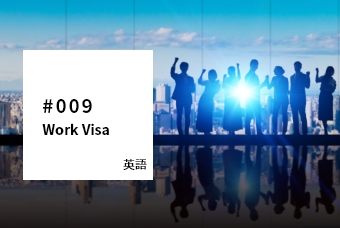What is a cultural activities visa?
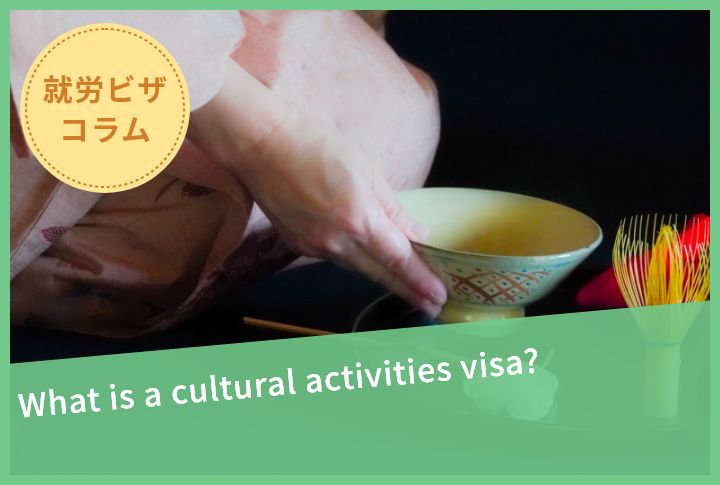
Cultural activities visas were established to accept foreigners such as researchers of Japanese culture and practitioners of traditional Japanese skills. Holders of cultural activities visas are permitted to perform academic or artistic activities which do not involve any income, conduct any specialized research on culture or art unique to Japan, and receive guidance from experts of such culture or art to acquire such culture or art.
We often receive questions about whether a part-time job is permitted under a cultural activities visa as well as about the invitation of a family member.
Keeping those questions in mind, we would like to explain cultural activities visas in this article.
Index
1. What kind of activities are permitted by cultural activities visas?
To obtain a cultural activities visa, applicants must conduct one of the following activities:
1) Academic activities without income
2) Artistic activities without income
3) Activities to conduct any specialized research on culture or art unique to Japan
4) Activities to receive guidance from experts of culture or art unique to Japan to acquire such culture or art.
The following cases are examples of above activities: cases where a foreign university professor, associate professor, lecturer, etc. does study or research in Japan with no income, or a foreigner professionally studies culture or techniques unique to Japan such as flower arrangement (ikebana), tea ceremony (sado), or judo or receives personal guidance from specialists of such field.
2. What are things to be careful of in connection with cultural activities visas?
Holders of cultural activities visas, unlike holders of work visas, are not allowed to earn income. Accordingly, at the immigration examination, it is important to demonstrate that the applicant’s living foundation is enough for the applicant to live in Japan without work.
Another thing to note is the relationship with other visas.
When an applicant fulfills all requirements for cultural activities visa as well as for other visas, the order of precedence will be as follows.
cultural activities visa < student visa (prioritized)
cultural activities visa < trainee visa (prioritized)
3. Documents required to apply for a cultural activities visa
The documents required to apply for a cultural activities visa are as follows:
[Application for Certificate of Eligibility]
〇An application form for Certificate of Eligibility
〇A photograph (4cm×3cm)
〇A copy of the ID page of the passport
〇A return envelope (for simple registered mail)
〇Any material which clarifies the specific content of activity, duration, and outline of the organization where the activity will be conducted
– Any material which clarifies the specific content of activity in Japan and duration thereof, prepared by the applicant or the organization accepting the applicant
– Any material which clarifies the outline of the organization where the applicant will conduct such activity (a brochure, etc.)
〇One of the following items as a material to clarify the academic or artistic achievements:
– Recommendation letters from relevant organizations
– News reports on past activities
– Achievements such as winning a prize or passing screening
– List of past essays, collected works, etc.
– Any document equivalent to the above
〇A document certifying the applicant’s ability to pay expenses while staying in Japan
〇In case that an applicant intends to acquire culture or techniques peculiar to Japan under the guidance of an expert, one of the following materials to clarify the background and achievements of the expert
– A copy of license, etc.
– Essays, collected works, etc.
– A resume
〇Any other supporting material which will be necessary for examination
[Application for Change of Status of Residence]
〇An application form for change of status of residence
〇A photograph (4cm×3cm)
〇The passport and resident card
〇A post card prescribed by the Immigration Services Agency
〇Any material which clarifies the specific content of activity, duration, and outline of the organization where the activity will be conducted
– Any material which clarifies the specific content of activity in Japan and duration thereof, prepared by the applicant or the organization accepting the applicant
– Any material which clarifies the outline of the organization where the applicant will conduct such activity (a brochure, etc.)
〇One of the following items as a material to clarify the academic or artistic achievements:
– Recommendation letters from relevant organizations
– News reports on past activities
– Achievements such as winning a prize or passing screening
– List of past essays, collected works, etc.
– Any document equivalent to the above
〇A document certifying the applicant’s ability to pay expenses while staying in Japan
〇Any other supporting material which will be necessary for examination
[Application for Extension of Period of Stay]
〇An application form for extension of period of stay
〇A photograph (4cm×3cm)
〇The passport and resident card
〇A post card prescribed by the Immigration Services Agency
〇Any material which clarifies the specific content of activity, duration, and outline of the organization where the activity will be conducted
– Any material which clarifies the specific content of activity in Japan and duration thereof, prepared by the applicant or the organization accepting the applicant
– Any material which clarifies the outline of the organization where the applicant will conduct such activity (a brochure, etc.)
〇A document certifying the applicant’s ability to pay expenses while staying in Japan
〇Any other supporting material which will be necessary for examination
4. Q & A concerning cultural activities visas concerning cultural activities visas
Below is a list of frequently asked questions about cultural activities visas.
Q: Is the visa for internship activities (a case where overseas university students have training at a Japanese company as a part of their studies) a cultural activities visa?
A: To find out, we need to classify your case into the following three patterns.
The points are “whether any compensation is paid” and “the period of stay in Japan.”
1) In case of receiving compensation → Designated activities visa (Public Notice No. 9)
2) In case of staying in Japan without receiving any compensation for more than 90 days → Cultural activities visa
3) In case of staying in Japan without receiving any compensation for 90 days or less → Temporary visitor visa
Q: How long is the period of stay under the cultural activities visa?
A: A period of stay is either 3 years, 1 year, 6 months, or 3 months.
Q: What are the examples of culture or art unique to Japan?
A: Flower arrangement (ikebana), tea ceremony (sado), Japanese dance (nihon buyo), Japanese architecture, Japanese painting, judo, karate, etc.
Q: Can I call my family to Japan with a dependent visa while I have a cultural activities visa?
A: Although it is not legally prohibited, cultural activities visas are activities that do not involve any income, so the difficulty of inviting family members are higher than regular work visas. It is important to prove that you have financial foundation sufficient to live with your family in Japan.
Q: We plan to invite a university professor from overseas to a university in Japan for research purposes. We will pay consideration in the name of research expenses. Will it be a problem?
A: Even if it is called research expenses, if they are not entirely spent for the actual research expenses, and if any part of them are spent for any purpose other than research, such activity will be regarded as an activity involving income. For that reason, a cultural activities visa is not applicable in your case as the professor’s activity will be judged as an activity involving income, but a professor visa may be applicable to your case.
Q: Is it possible to work part-time while having a cultural activities visa?
A: It is possible to work part-time if you obtain permission to engage in activity other than that permitted under the status of residence previously granted. Having said that, unlike student visas and dependent visas, such permission given to holders of a cultural activities visa limits the work to part-time jobs related to the original purpose of stay, and work contents will be examined individually. Thus, working is not always permitted.
5. Actual cases of consultation
Here are some examples of the cases of consultation related to cultural activities visas settles by us.
1) I plan to collaborate with a professor of a Japanese university for research activities, but I don’t know which visa to apply for.
2) I want to work part-time while staying in Japan with a cultural activities visa.
3) I want to get a visa to receive instruction from an expert of Japanese cuisine.
4) I want to get a visa to study Japanese architecture.
5) I want to get a visa to receive instruction from an ikebana (i.e. flower arrangement) expert.
6) I don’t know whether I should get a researcher visa or a cultural activities visa
6. Summary of cultural activities visas
A cultural activities visa is a status of residence for conducting cultural activities in Japan. A major feature is that it is an activity that does not involve income or consideration. In examination, the immigration authorities place importance on the applicant’s ability to pay the costs of staying, etc. In addition, a professor visa or a researcher visa may be applicable instead of a cultural activities visa, depending on whether consideration is paid or not and the place of activity, so it is significant to decide which visa to apply for after comparing each visa.
If you have any question about cultural activities visas, please contact us for our free consultation.








